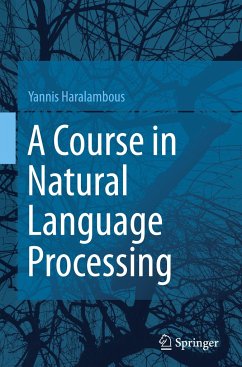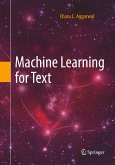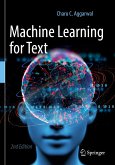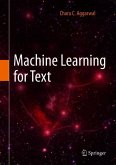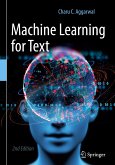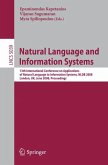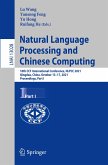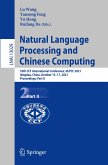Natural Language Processing is the branch of Artificial Intelligence involving language, be it in spoken or written modality. Teaching Natural Language Processing (NLP) is difficult because of its inherent connections with other disciplines, such as Linguistics, Cognitive Science, Knowledge Representation, Machine Learning, Data Science, and its latest avatar: Deep Learning. Most introductory NLP books favor one of these disciplines at the expense of others.
Based on a course on Natural Language Processing taught by the author at IMT Atlantique for over a decade, this textbook considers three points of view corresponding to three different disciplines, while granting equal importance to each of them. As such, the book provides a thorough introduction to the topic following three main threads: the fundamental notions of Linguistics, symbolic Artificial Intelligence methods (based on knowledge representation languages), and statistical methods (involving both legacy machine learning and deep learning tools).
Complementary to this introductory text is teaching material, such as exercises and labs with hints and expected results. Complete solutions with Python code are provided for educators on the SpringerLink webpage of the book. This material can serve for classes given to undergraduate and graduate students, or for researchers, instructors, and professionals in computer science or linguistics who wish to acquire or improve their knowledge in the field. The book is suitable and warmly recommended for self-study.
Based on a course on Natural Language Processing taught by the author at IMT Atlantique for over a decade, this textbook considers three points of view corresponding to three different disciplines, while granting equal importance to each of them. As such, the book provides a thorough introduction to the topic following three main threads: the fundamental notions of Linguistics, symbolic Artificial Intelligence methods (based on knowledge representation languages), and statistical methods (involving both legacy machine learning and deep learning tools).
Complementary to this introductory text is teaching material, such as exercises and labs with hints and expected results. Complete solutions with Python code are provided for educators on the SpringerLink webpage of the book. This material can serve for classes given to undergraduate and graduate students, or for researchers, instructors, and professionals in computer science or linguistics who wish to acquire or improve their knowledge in the field. The book is suitable and warmly recommended for self-study.

